African aid: A tool of neocolonialism
When people in the U.S. and Europe think of Africa, they often conjure up hopeless and condescending images in their minds. For instance, the continent is pictured as completely war-torn and everyone is malnourished. This sentiment contributes to a pessimistic view of the status of African development by Westerners. However, as academic Michael Onyebuchi Eze reminds us in his TEDx talk “Decolonizing Developmental Aid in Sub-Saharan Africa,” “the story of Africa is personal” for Africans and not something to be generalized by negative views and the disregard of Africans in solving community problems.
To match the Western world’s pessimistic view of Sub-Saharan Africa, there has been an average of $50 billion of foreign aid given to the continent every year for the past 50 years. So Eze asks the question: if almost $2 trillion has been spent to fix the problems of Africa, why is there still war and malnourishment? It starts with the aid itself — it’s not helpful and can actually be harmful.
Aid is not a free handout. Instead, there are strings attached — for example, the International Monetary Fund loans and their austerity measures, which require the privatization of state-funded resources and the reduction of government spending in general. Additionally, around 70 to 80% of this aid is cycled right back to the donor country because it is spent on domestic bureaucrats who manage the foreign aid programs, or what Eze calls “overhead costs.” In essence, foreign aid often doesn’t entirely reach the target population, thereby rendering it ineffective.
Western interventionists, like the U.S. government and NGOs, must acknowledge the historical roots of a pessimistic view of Africa. This is especially relevant in the process of listening to local African communities in developmental projects, like building water pumps, facilitating disease prevention and providing food aid. The legacy and impact of European colonization — for example, the Berlin Conference of 1884 and the exploitation of natural resources and slavery — are still relevant in the interactions between self-appointed saviors and African communities. .
To this day, ethnic conflicts in Africa can be traced back to European colonial rule. Africa was essentially robbed of resources (including its people in the slave trade), limiting development. While the West seeks to condescendingly “help” Africa, it must acknowledge its role in the reason why help is needed. This would help to dissemble the white savior mindset that many Westerners express in wanting to “help.” The dehumanizing and negative view of Africa is essentially a figment of Western imagination created by Western colonial and neocolonial actions. It should be carefully addressed in Western foreign aid interventions in Africa.
Aid has made many African governments dependent on foreign support, to the extent that governments will specifically budget for the projected amount of aid they will receive yearly. This reliance weakens the governments, perpetuating a cycle of dependence on the very aid that was meant to “help.” This cycle must be broken to free Africa from the neocolonial hold of Europe and the United States.
First and foremost, the target populations of developmental aid must be allowed to provide input in regard to any proposed projects. If the goal is to aid communities with problems like poor health infrastructure, malnourishment and lack of accessible clean water, then these communities must be given the ability to work in tandem with facilitators or funders of these projects. These communities host individuals who are most knowledgeable in the context of their situation, even if they are not the most knowledgeable on subjects like engineering or the medical field due to a lack of educational infrastructure that does not support specialized skill education.
To break down the negative effects of colonialism and the cycle of neocolonialism in Africa, intervening governments and nonprofits must listen to communities and invest in human development as opposed to mindlessly donating money to already wealthy elites. In the words of Eze, we must “think with Africa,” and dig deeper to solve the root of the problem, as opposed to treating the symptoms. Trying to fix developmental issues on the surface level is one of the reasons why this aid keeps failing.
Concurrently, the West needs to acknowledge its role in creating these conflicts and resource problems in Africa in the first place. The astonishing amount of aid given to Africa has not been effective because it hasn’t been designed with the correct factors. The West-perpetuated, pessimistic view of Africa must be eradicated and replaced with an understanding that local African communities must be involved in their own development and problem-solving. This reform includes reframing the media portrayal of Africa and Africans that perpetuates Afro-pessimism in the Global North.

I am an International Studies and Political Science major with a minor in Spanish. My passions lie in studying methods of peaceful and diplomatic interactions...

Hi guys! My name is Lily Zeng, and I am a sophomore from Memphis, TN majoring in Urban Studies with an interest in a Spanish major or minor. My favorite...

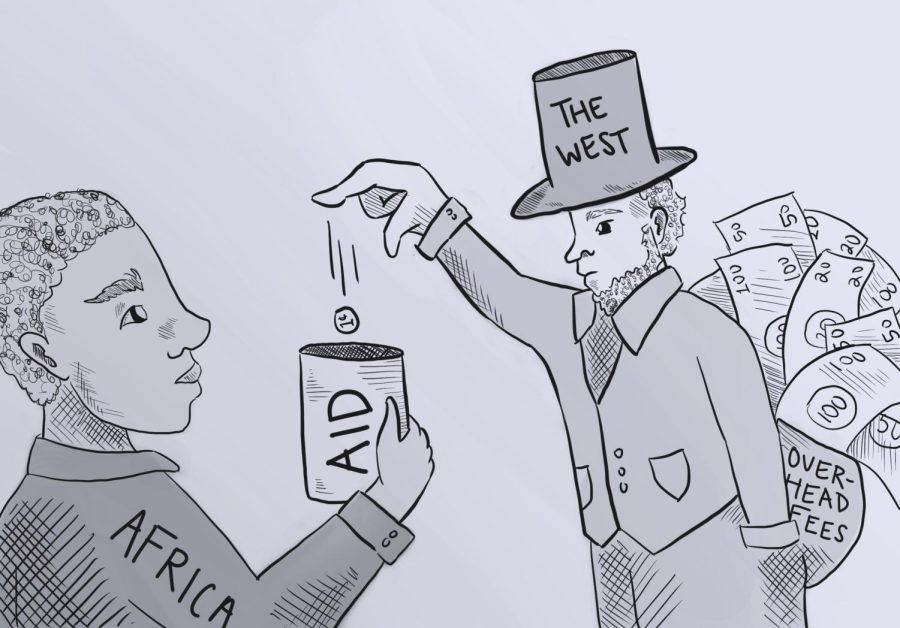



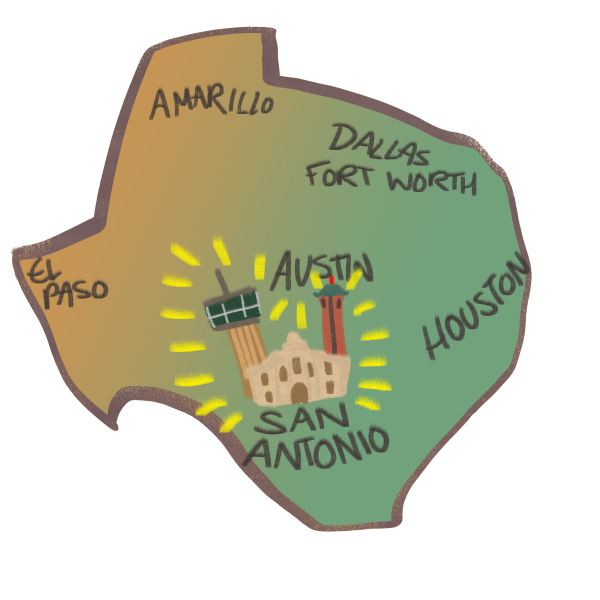
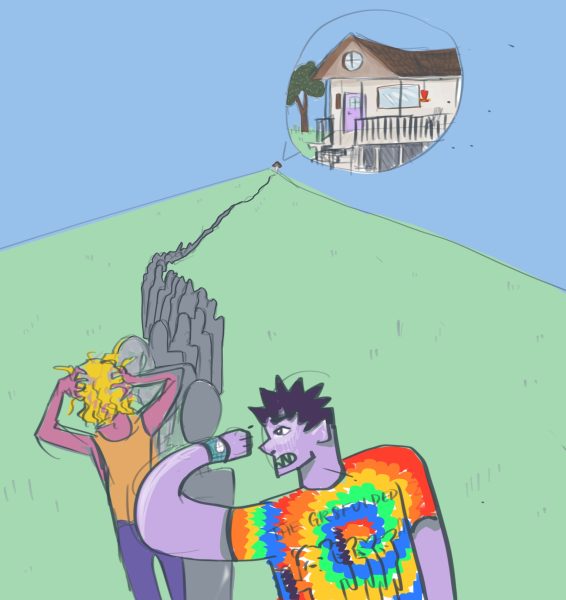

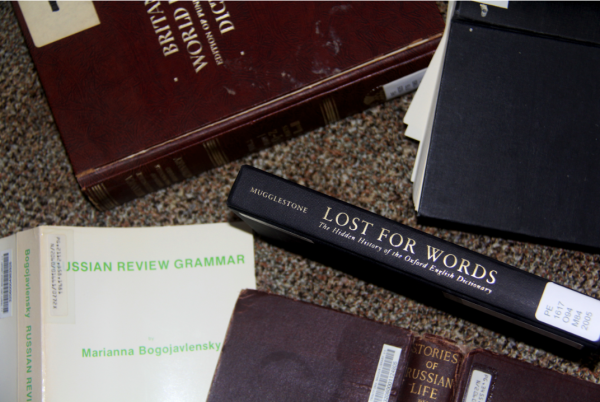

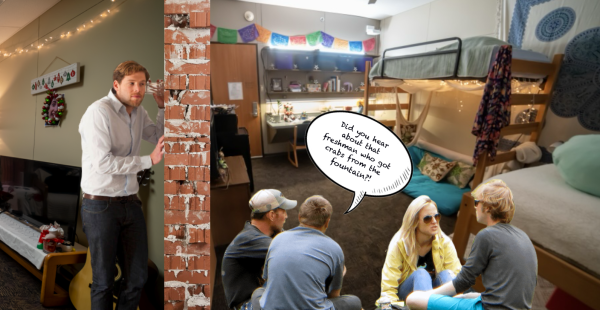
JLC • Mar 6, 2023 at 3:42 pm
Great points! We’ve seen aid work with defense spending, as recent as Ukraine, while we seldom see humanitarian aid spending result in a solution. The communities and local experts need to be involved and reform is much needed in aid package delivery.